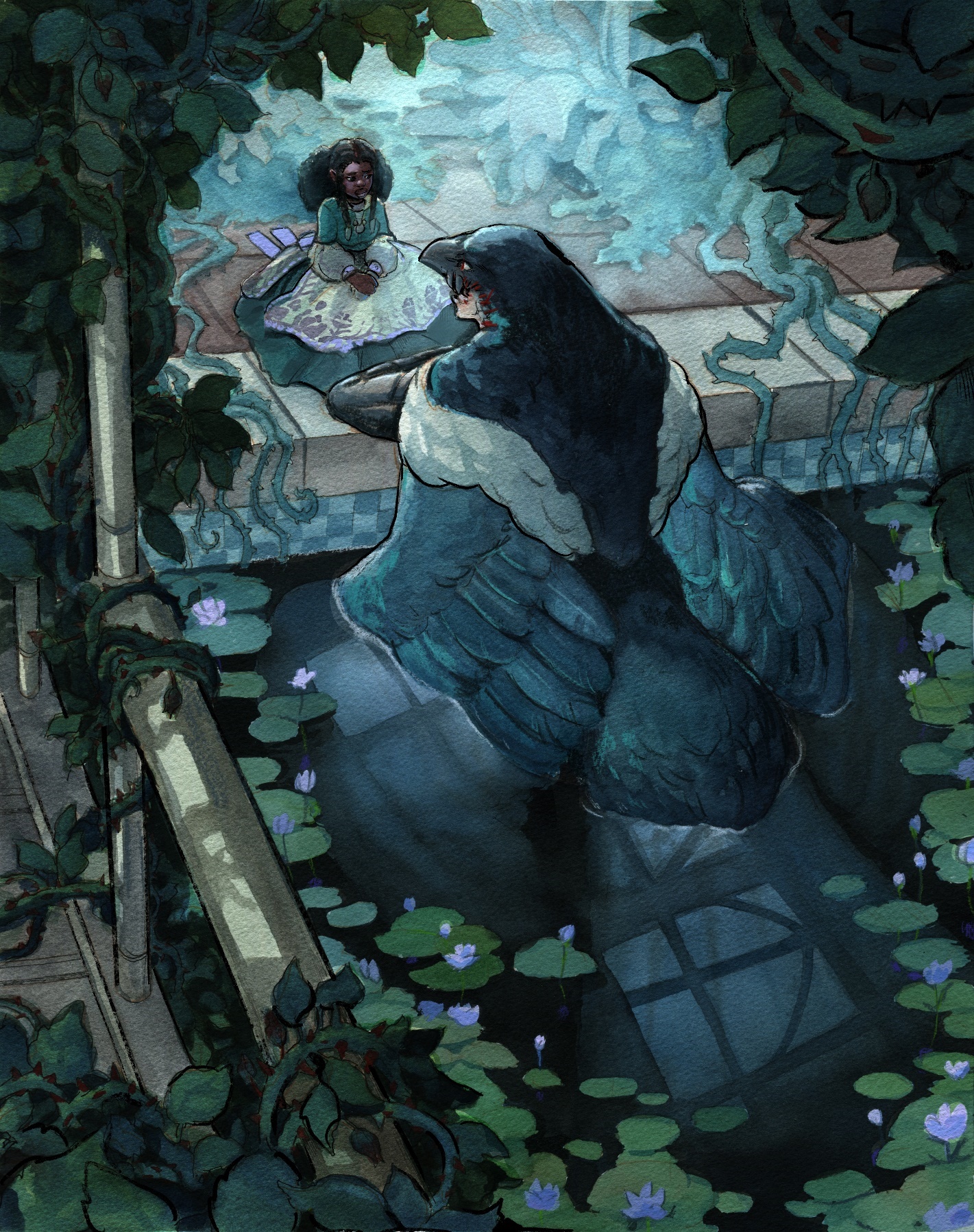Chapter 52:
A Friend
Moth could not sleep. She found no rest on her bed or pillows, and eventually sat by the fire with a blanket around her shoulders and – much like Correb – spent hours staring into the fire, finding meagre solace in the warmth and light.
In the grand destiny of Hiren through the ages, watched since time began by Correb, Moth could not understand why she was there in the House of Springs asked to make these decisions.
The thought of the fog ending did not silence her fears. The thought of rescuing her family did not silence her fears. She wanted her fears to quiet and her courage to rise up, but it would not – even as the sun lifted behind the clouds and a new overcast day began in the marches, and the thought of bale hooks spun in her mind, she knew with increasing distress that there was only one thing left she could do.
She would have to go to Hiren afraid.
She would have to do all that was asked of her, while terrified to her soul, and there was no way around it – only through it – and so with an exhausted and heart she got dressed.
Moth decided to wait for Correb to give him her answer, and so crossed the great expanse of ivy and entered the greenhouse.
The moment she stepped inside, she could smell it – burnt flesh.
Panicked, Moth bolted around the trees, slipping on the water-slick tiles around the pool, and grabbed onto a table to steady herself.
